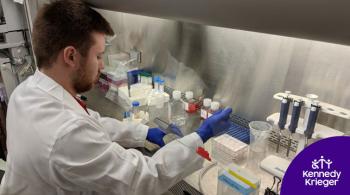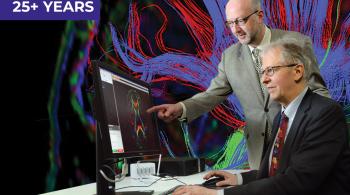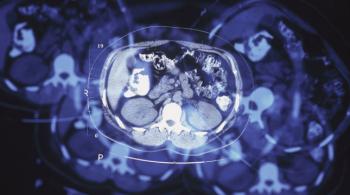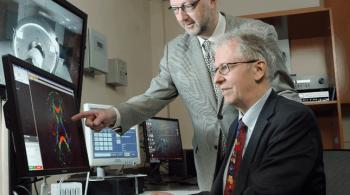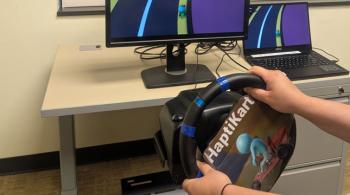BALTIMORE, December 7, 2021 – Physicians at Kennedy Krieger Institute recommend that children with autism spectrum disorder (ASD) receive screening for abnormally high or low cholesterol levels at least once during their childhood, as ASD is a risk factor for cardiovascular disease in both children and adults.
The recommendation resulted from a recent study that found reduced levels of high density lipoprotein cholesterol (HDL-C), known as the good cholesterol, in individuals from families with two or more children with ASD. In addition, they found reduced or elevated levels of other lipids, apolipoprotein A1 (ApoA1) and apolipoprotein B (ApoB). Individuals with low HDL-C levels or ApoA1 levels had lower adaptive functioning than other individuals with ASD.
The study’s results were published in Translational Psychiatry. Autism Speaks funded part of this study and supplied the plasma samples from participants in the Autism Genetic Resource Exchange (AGRE). Physicians and researchers from the National Heart, Lung and Blood Institute of the National Institutes of Health participated in the research. Physicians with Children’s National Hospital in Washington, D.C. assisted with developing the cholesterol recommendations.
“This latest research is part of our ongoing work to understand some of the co-occurring conditions with ASD,” said Elaine Tierney, MD, a child and adolescent psychiatrist with Kennedy Krieger Institute. “Our work indicates that lipids are abnormal in many individuals with ASD. Our findings, in addition to studies that show an increase in heart disease in individuals with ASD, lead us to recommend that children with ASD be screened for abnormal total and HDL cholesterol levels. We hope our work underscores the importance of cholesterol screening and raises awareness for families in the ASD community.”
Prior to the completion of this research, Dr. Tierney and her colleagues identified that Smith-Lemli-Opitz Syndrome (SLOS), a genetic condition of impaired cholesterol biosynthesis, is associated with autism. A 2007 study completed by her and other researchers led to a recommendation that all children with ASD be screened for SLOS if they exhibit some of its characteristics, such as slow growth, microcephaly, mental retardation and other birth defects, although the severity of this rare disease can vary.
As an extension of this latest study, Dr. Tierney and researchers with the Department of Genetics, Genomics and Informatics at the University of Tennessee Health Science Center are performing analyses of whole genome sequencing data with study participants to determine if there are lipid-related genetic alterations in patients with ASD and abnormal lipid levels. A next step for the research team is to study populations of individuals who have only one person in their family with ASD to see if the abnormal cholesterol and other lipid levels are different in those families than they are in families with at least two individuals with ASD.
The study was funded by Autism Speaks, the Smith-Lemli-Opitz/RSH Foundation, the U.S. National Institutes of Health’s Eunice Kennedy Shriver National Institute of Child Health and Human Development, the National Heart, Lung and Blood Institute, the National Human Genome Research Institute and the National Center for Advancing Translational Sciences.
About Kennedy Krieger Institute:
Kennedy Krieger Institute, an internationally known nonprofit organization located in the greater Baltimore-Washington, D.C., region, transforms the lives of more than 25,000 individuals a year through inpatient and outpatient medical, behavioral health and wellness therapies; home and community services; school-based programs; training and education for professionals; and advocacy. Kennedy Krieger provides a wide range of services for children, adolescents and adults with diseases, disorders and injuries that impact the nervous system, ranging from mild to severe. The Institute is home to a team of investigators who contribute to the understanding of how disorders develop, while at the same time pioneering new interventions and methods of early diagnosis, prevention and treatment. Visit KennedyKrieger.org for more information about Kennedy Krieger.
###




